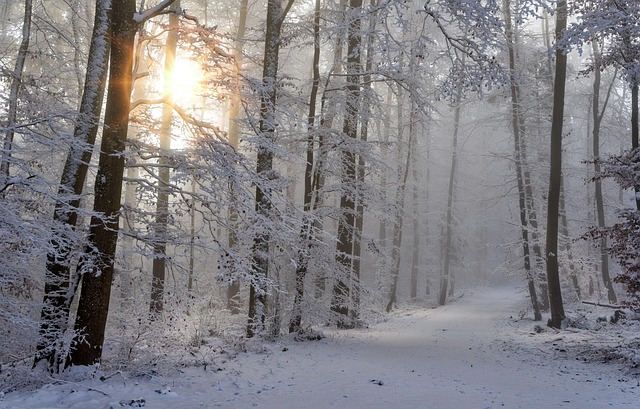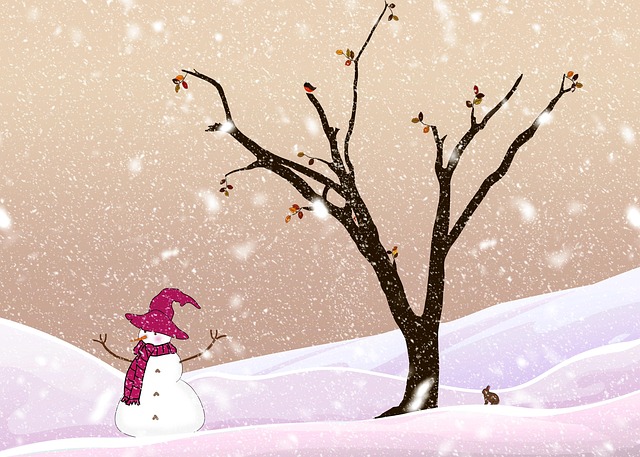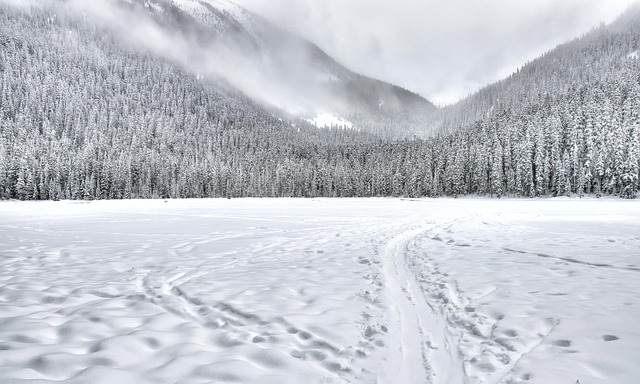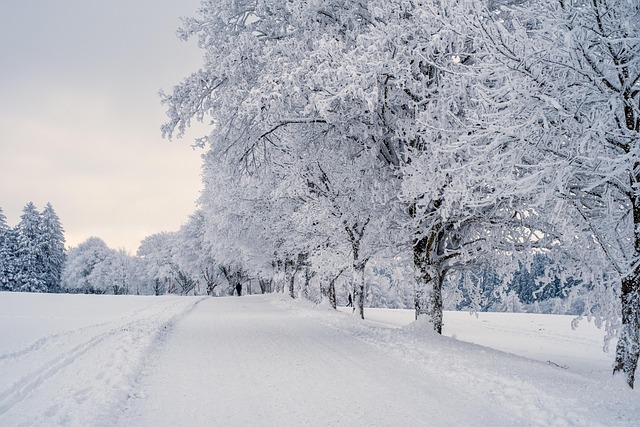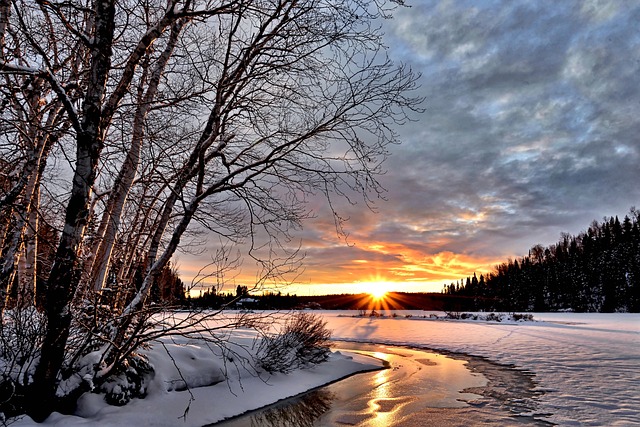To prevent frozen pipes and related damages in cold climates during winter, implement pipe insulation and heating tape for outdoor plumbing and exposed faucets. Regularly check for faucet dripping as an early warning sign of potential issues. Following these winter plumbing tips ensures a secure home with reliable hot water access, safeguarding against costly repairs caused by frozen pipes.
In cold climates, preventing frozen pipes is paramount. This guide explores effective strategies to safeguard your plumbing from the harsh winter chill. We delve into understanding frozen pipes and their detrimental effects, emphasizing proactive measures for frozen pipes prevention. Discover the power of pipe insulation as an efficient solution to keep water flowing smoothly. Additionally, we provide valuable winter plumbing tips, including heating tape applications and outdoor plumbing maintenance, ensuring a cozy home and hassle-free season.
- Understanding Frozen Pipes and Preventative Measures
- Insulating Your Pipes: An Effective Solution
- Additional Heating Solutions for Outdoor Plumbing and Winter Maintenance
Understanding Frozen Pipes and Preventative Measures

In cold climates, one of the most common winter-related issues is frozen pipes. When water lines in exterior walls or under floors cool below freezing, the water inside them expands, creating pressure that can cause pipes to burst and lead to significant water damage. To prevent this from happening, it’s crucial to take measures during the fall to prepare your home for winter.
Pipe insulation is an effective frozen pipes prevention method. Installing insulated pipes in areas prone to temperature drops, such as outdoor plumbing or walls adjacent to exterior doors, can significantly reduce the risk of freezing. Additionally, heating tape can be wrapped around exposed pipes to maintain a safe water temperature. Regularly checking for faucet dripping is another important winter plumbing tip—a slow leak can indicate an underlying problem that needs addressing before it turns into a frozen pipe crisis.
Insulating Your Pipes: An Effective Solution

To prevent frozen pipes and the subsequent damage that can occur during cold seasons, pipe insulation is an effective solution. It’s one of the best winter plumbing tips you can implement, especially for outdoor plumbing. By insulating your pipes, you create a protective barrier that maintains a consistent temperature, keeping water from freezing inside them. This simple step can save you from costly repairs and messy flooding caused by burst pipes.
Pipe insulation comes in various forms, including foam, fiberglass, and rubber materials. You can wrap heating tape around pipes for an extra layer of protection, especially in areas prone to extreme cold. Just make sure to follow manufacturer instructions when using heating tape to ensure safety and effectiveness. Additionally, insulating exposed faucets can prevent a persistent faucet dripping that often occurs when water lines freeze, thereby reducing the risk of damage to your home’s plumbing system.
Additional Heating Solutions for Outdoor Plumbing and Winter Maintenance

To ensure your outdoor plumbing remains intact during harsh winters, consider additional heating solutions beyond space heaters. One effective method is frozen pipes prevention through pipe insulation. This simple yet powerful tool protects pipes from temperature extremes, preventing them from freezing and bursting. Insulating exposed pipes, especially in areas prone to cold, is a proactive winter plumbing tip that can save you from costly repairs and messy disruptions.
For more targeted heating, heating tape can be applied to pipes and faucets to maintain a consistent, safe temperature. This is particularly useful for outdoor faucets that tend to drip due to freezing. By wrapping heating tape around pipes and valves, you prevent water from freezing and forming ice, which can cause damage. Combining these measures with proper pipe insulation will significantly enhance your winter plumbing tips toolkit, ensuring a reliable supply of hot water and avoiding potential disasters during the cold season.
